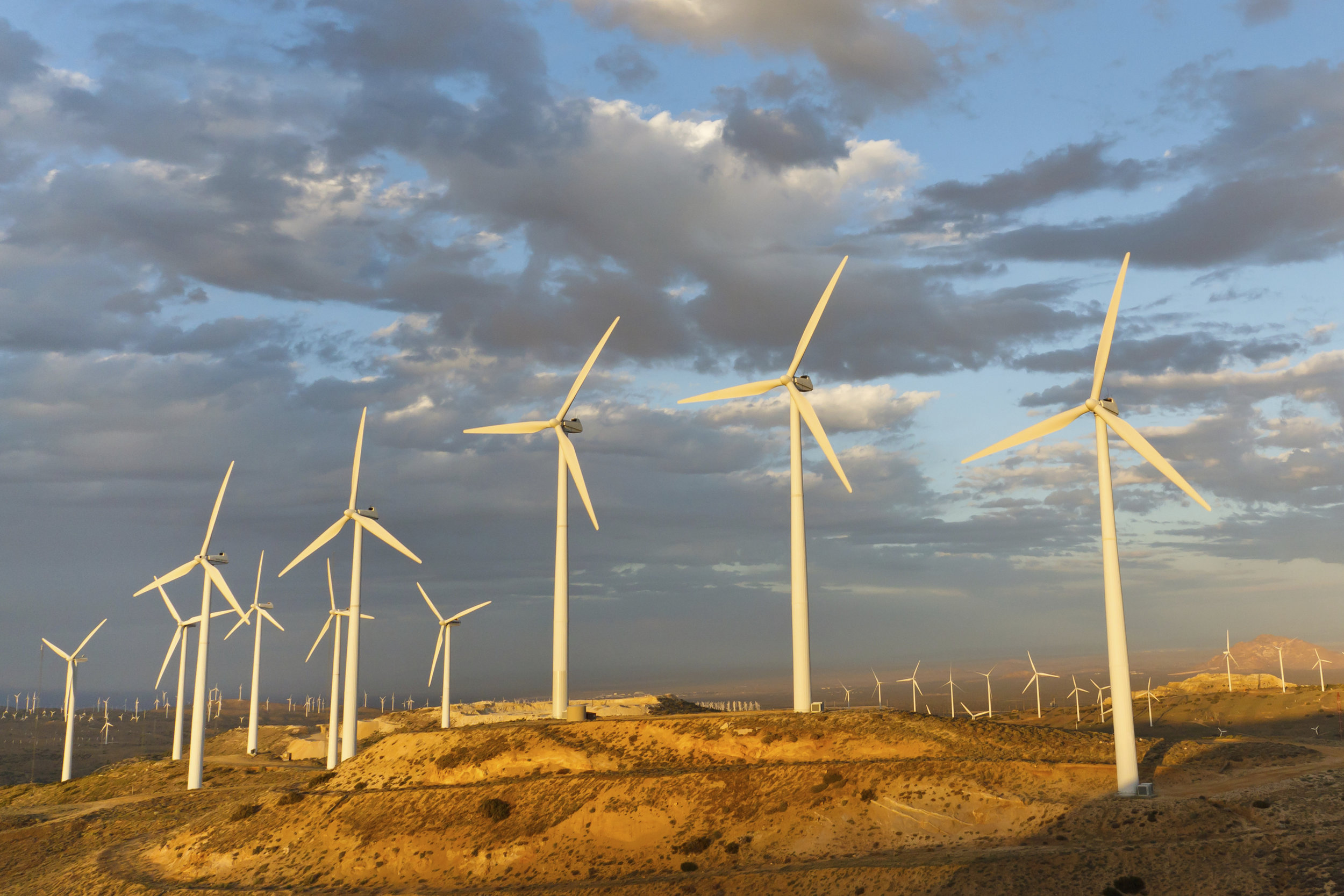We must help people cope with offshore wind, or face a backlash

Over the last decade, the UK has rapidly invested in green infrastructure. During this time, we have seen the importance of maintaining democratic consent for development. Without this, strong local opposition has risked delaying or even blocking nationally-significant projects.
Onshore wind farms saw incredible take up, but the local impact meant that they were rarely welcomed by the communities that hosted them. Similarly, shale gas extraction (fracking) could have improved UK energy security. However, whilst it was the evidence of potential seismic impacts that drove Andrea’s decision to impose a moratorium, we must also recognise that some communities were vehemently against it.
To date, offshore wind has avoided many of these concerns. Offshore wind farms are far from shore, where huge turbines can capture the strongest winds. In addition, they are now cost-competitive with those onshore. Our decision in 2015 to refocus subsidies towards offshore wind seems to have paid off.
Offshore wind does, however, generate its own problems. That we can fix turbines to the seabed or float them offshore is a marvel of engineering, but they require significant new infrastructure on land, including new substations in some cases the size of Wembley Stadium, new electricity cables snaking under beaches, and new pylons. Local communities are rightly concerned and the Government must act.
It should urgently carry out an audit of all outstanding plans for onshore infrastructure relating to offshore wind farms and consider ways to minimise the damage. It is only by listening to communities and taking account of the need to protect our environment that we can maintain the huge level of support for the UK’s decarbonisation efforts. A new report, Crossed Wires, released today by the think tank Policy Exchange, sets out how this could be done.
We support the concept of an offshore wind “ring main” where offshore wind farms will coordinate their infrastructure and timelines to reduce the burden of infrastructure on communities.
Where new onshore infrastructure is needed, we should compensate local communities through a new Offshore Wind Wealth Funds. We already do this for onshore wind farms through Community Benefit Funds, and we were planning something similar for fracking. It is absolutely right that coastal and rural communities should be compensated for hosting infrastructure that provides national benefits but has local negative impacts.
More coordination will not come about just by leaving it to the market. It requires Ministers to outline a clear vision for the future. The Offshore Transmission Network Review is a welcome first step, but Ministers also need to provide more direction to the regulator Ofgem. In addition, the time has surely come to establish a fully Independent System Operator for Great Britain.
Offshore wind provides fantastic opportunities for thousands of green jobs, from apprenticeships in manufacturing to roles in construction and operations and developing technologies needed to build not just our capability at home but exports around the world. UK companies are already winning contracts across the globe, but there is more that we can do to share our expertise and accelerate the deployment of windfarms to support the global transition to net Zero.
Dame Andrea Leadsom and Amber Rudd are former cabinet ministers and the co-chairs of Policy Exchange’s Beyond COP26 Programme. This op-ed originally appeared in The Telegraph.





